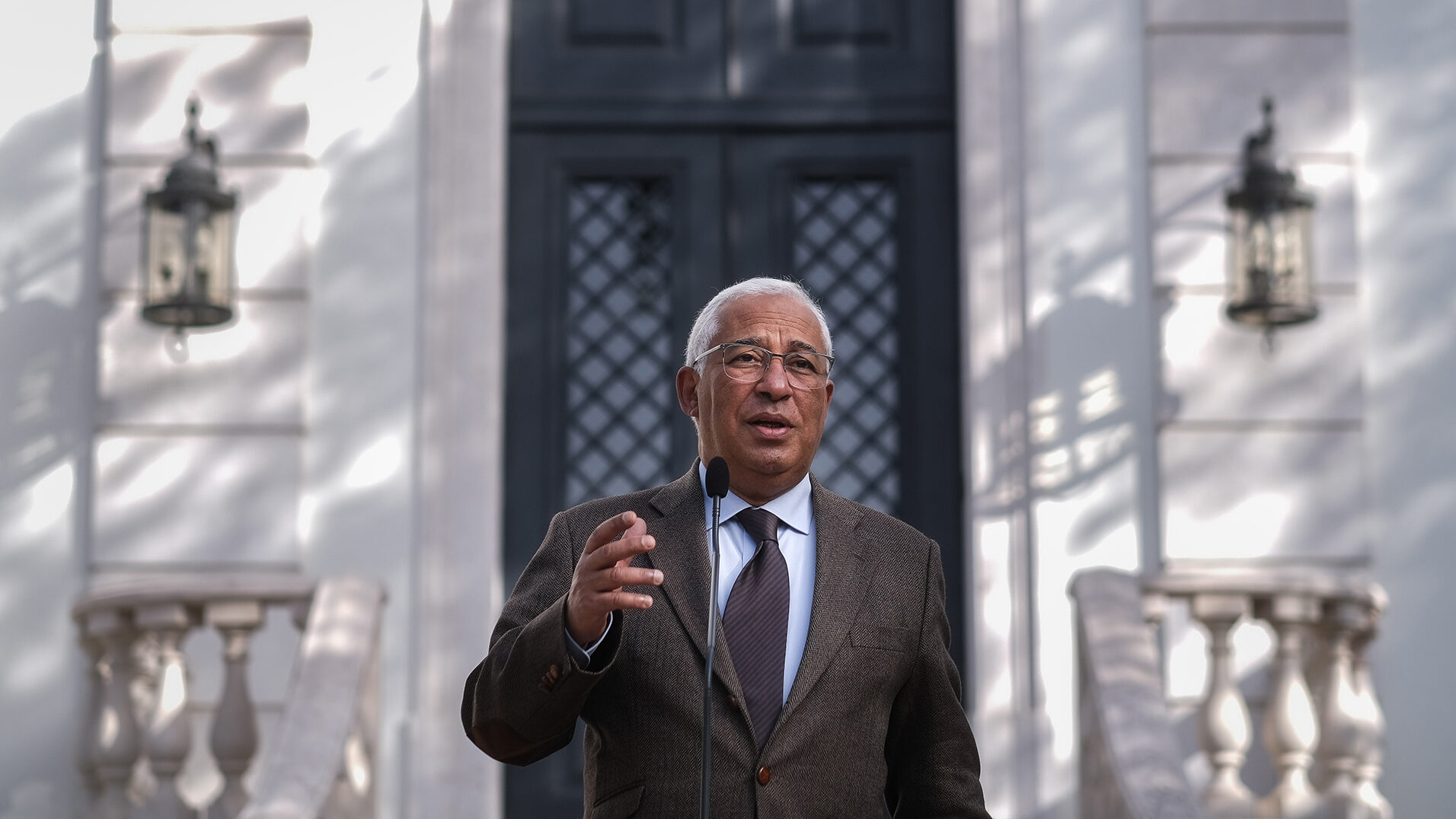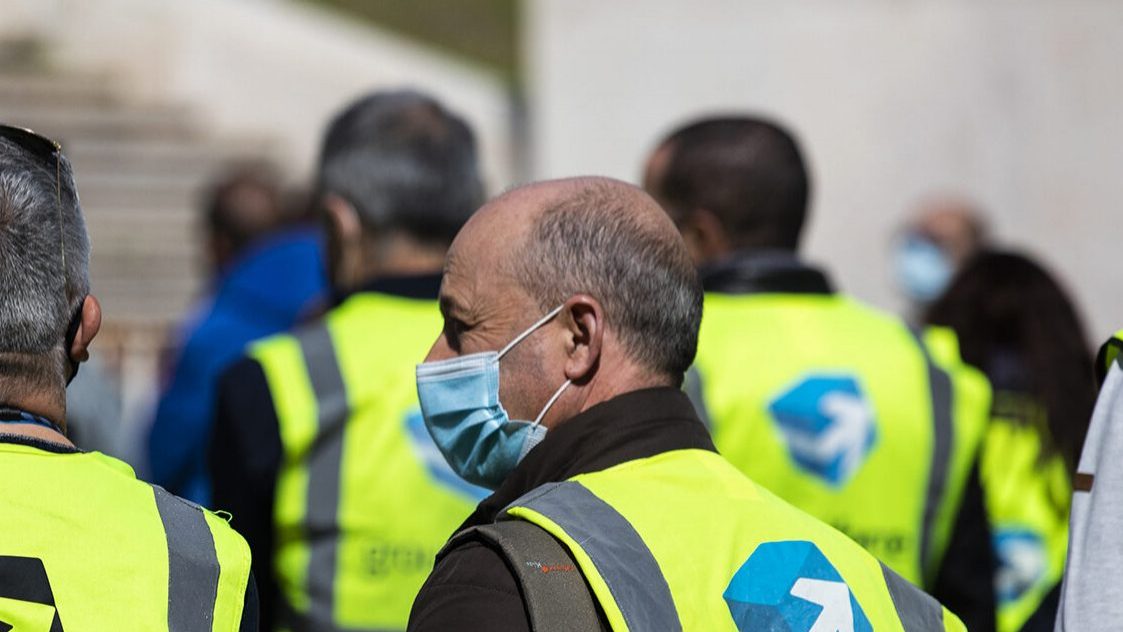UK gaming outfit Kwalee to invest €10M over next five years in Portugal
The company will invest a total of €10 million over the next five years in Portugal, starting with a technology base in Almada.
British video game company Kwalee will invest €10 million over the next five years in Portugal, starting with a technology base in Almada, which opened last month.
Kwalee’s technology director Pedro Caria told Lusa that the company currently has four people working in Portugal, but that the facility in Almada can accommodate up to “around 15 people”.
“But we don’t really have a limit,” stressed the Portuguese, recalling that Kwalee has 170 jobs available “all over the world”. “From the moment you start having a local team, it becomes easier to attract other people,” he added.
During the pandemic, the company increased its workforce from 50 people to more than 200, and also opened a third studio, in India, to add to offices in China and the UK.
With the Brexit changes, “some things became slightly more difficult” and it became “a little bit more bureaucratic” to hire foreigners, conceded Pedro Caria.
Kwalee had always aimed to open an office in the European Union, to “pick up more talent from Europe”, and “it seemed very obvious this investment in Portugal”, the executive said.
“Since around 10 years ago” the video game industry has been growing in Portugal, as has “the quantity and quality” of staff trained in technology, including server management and data analysis, Pedro Caria added.
Kwalee’s technology director pointed to the opening of an office of Miniclip, another British video game company, in Lisbon in 2010 as a decisive step.
“Obviously it’s a big company, it brought in a lot of game developers and hired a lot of the developers that were there,” the executive recalled.
In March, Miniclip announced the opening of a second office in Portugal, in Taguspark, in Oeiras, with the capacity to accommodate up to 350 workers.
Pedro Caria moved to the United Kingdom about a decade ago, precisely “because he wanted to go into the gaming industry and there was no chance in Portugal. At the time it was impossible”.
Kwalee’s technology director said that in the meantime the situation has changed completely, partly due to the “democratisation of technology”.
“In the old days more than half of the structure of a games company was sales people and marketing teams trying to sell the products. And then the logistics, the warehouse, the physical products,” the executive recalled.
“Nowadays everyone has a shop in their pocket,” Pedro Caria stressed. “This also means that small creators can do projects on their own and then partner with bigger companies,” he said.
“The cost for universities to have this kind of course has also come down,” added Kwalee’s chief technology officer, thanks to the emergence of game engines – programs to develop video games – with free access.
“All these things have made it much easier to open a games business in a country that has no tradition, like Portugal,” Pedro Caria said.


